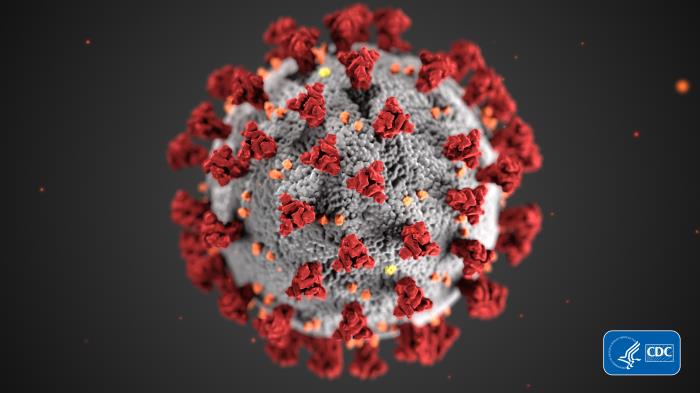
Georgia officials combatting the COVID-19 pandemic on Tuesday outlined what stumbles and successes they’ve had that will prepare them for future viral outbreaks as the state gears up to distribute a coronavirus vaccine.
Testing programs, hospital coordination and business partnerships that have been bolstered since March should help officials roll out vaccine doses “very shortly in the next several weeks,” Dr. Kathleen Toomey, Georgia’s public-health commissioner, told state lawmakers at a conference in Athens.
The first vaccine rounds will go to health-care workers as well as staff and residents in long-term elderly care facilities, after which older Georgians with health issues and first responders are next in line, Toomey said. Widespread availability is expected by summer 2021.
“I can assure you that no matter where you live in Georgia, you will have access to this vaccine,” Toomey said.
Toomey spoke with other state agency heads at the three-day Biennial Institute for Georgia Legislators, held every two years at the University of Georgia for newly elected and returning members of the General Assembly to talk policy and procedure ahead of the legislative session that starts in mid-January.
Public schools are also rebounding after the virus sent Georgia’s roughly 2 million students home for months of online classes in March. Around 30% of the state’s K-12 students are still taking classes virtually as most districts resume in-person learning, said State School Superintendent Richard Woods.
The biggest challenge for schools statewide has been to keep up student performance during virtual learning and to send out WiFi signals on school buses and buildings to reach the estimated 80,000 households in Georgia that lack stable internet access, Woods said.
“We worked to close that gap but know it remains a challenge for k-12 and beyond,” Woods said. “It is not only an educational opportunity that we need to fill, but it is also an economic opportunity for our districts as well.”
Georgia is also better equipped to handle future outbreaks after boosting its stockpile of protective gear and practicing how to quickly add extra intensive-care beds via mobile “pods” and at the Georgia World Congress Center, said Georgia Emergency Management Director James Stallings.
“The ship was on fire, so we all became firemen,” said Stallings, who’s been on the job since September after former Emergency Management Director Homer Bryson retired.
That preparation has bolstered confidence Georgia can weather another spike in the number of positive COVID-19 cases and hospitalizations currently happening amid the winter holiday season, said Frank Berry, commissioner of the state Department of Community Health.
“While we are certainly seeing an increase in the number of beds being used … we feel comfortable and confident that we’ll be able to meet the need moving forward,” Berry said on Tuesday.
The biennial conference, which drew many prominent Georgia lawmakers and elected officials including Gov. Brian Kemp, Lt. Gov. Geoff Duncan and House Speaker David Ralston, R-Blue Ridge, also featured panels on rural issues, potential revenue opportunities from legalized gambling, tax breaks and election integrity.